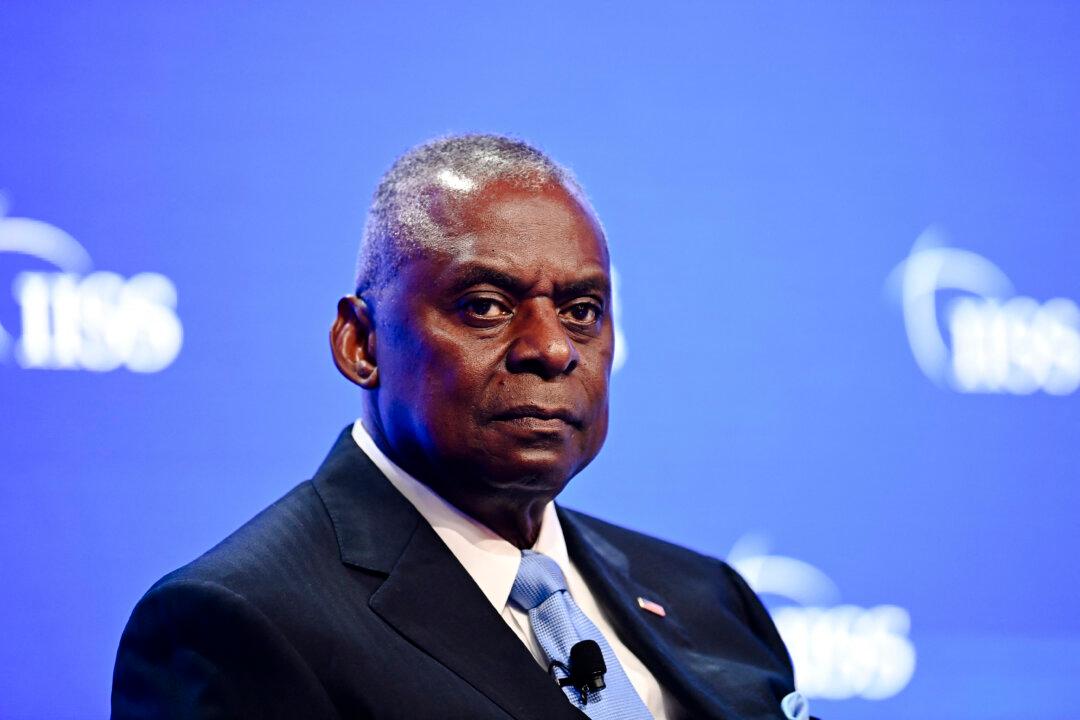Secretary of Defense Lloyd Austin has ordered a review of the Medals of Honor awarded to 20 U.S. Army soldiers for their role in a deadly armed clash at Wounded Knee Creek, South Dakota, on Dec. 29, 1890.
The memorandum Mr. Austin wrote on July 19, which the Department of Defense published last week, directs the Office of the Undersecretary of Defense for Personnel and Readiness to form a special panel to review the Medal of Honor citations and other supporting documentation for the awards. The panel will then decide whether each soldier’s conduct warranted a Medal of Honor, the highest U.S. military decoration for valor.





